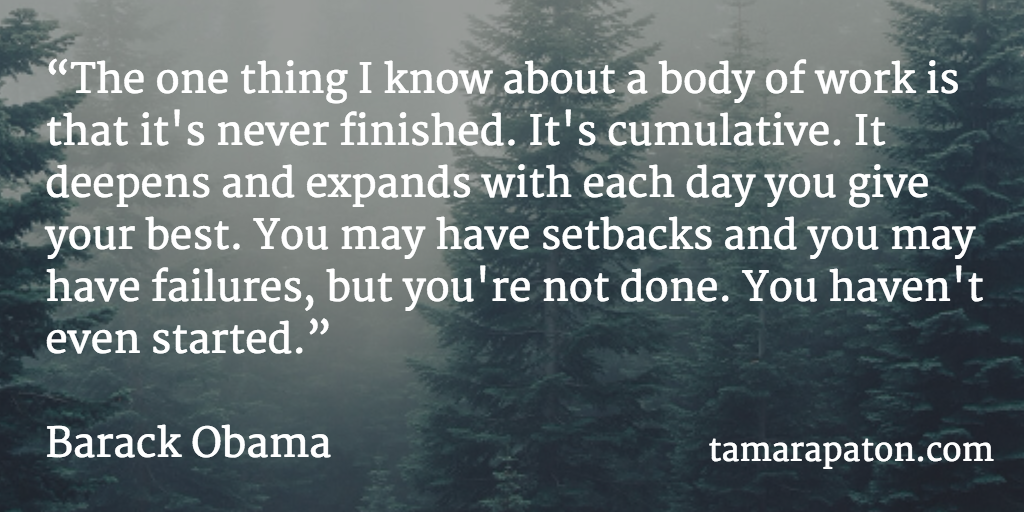

When author Susan Cain took the TED stage in 2012, she made a lot of noise for a quiet person. More than 11 million viewers have streamed her talk on the power of introverts. Bill Gates has called her presentation one of his favorite TED talks of all time.
This week Cain will continue her march with the launch of The Quiet Revolution. A gathering place and information hub for introverted leaders and those who love and work with them, The Quiet Revolution promises that “together, we are going to shake the world gently”.
We’ve all witnessed the gulf between the quiet and the boisterous. Every family, dinner party, conference, and workplace has its own mix.
This was especially true during my director training, when I participated in a committee meeting simulation. Six extroverts encircled the table and nothing was working. Everyone worked hard to get a word in as our energy, volume and frustration climbed steadily. Midway through the simulation, I stopped trying.
It was then that I first realized the important role that introverted leaders play in board discussions. We talk about diversity in terms of gender and ethnicity, but a foundational balance of introverts and extroverts should be table stakes for any collaborative group.
Research suggests that recruiting introverts on boards is a good risk management strategy. Harvard Business School professor Quinn Mills points to extroverts too often falling prey to a “winner’s curse”. When ego builds momentum, it often pushes group discussion and decision making in the wrong direction.
Cain suggests that introverts are more likely than extroverts to incorporate careful analyses into their risk evaluation. Then, after stepping back to consider pros and cons, an introvert tends to be more likely to take action. In contrast, extroverted surgeons have been found to gamble more in the OR and be less likely to admit their mistakes.
I want more introverted leaders at my board table. Once together, how can we bring out the best in one another? How do we keep half the board from fleeing for quiet safety?
Consider these 3 ways to bridge the gap between extroverts and introverts on boards.
Leverage committees
Much of a board’s work is done at the committee level, where smaller groups of directors collaborate on specific issues. When forming committees, it’s important to consider personalities alongside the skills matrix. Otherwise, we could end up with an HR committee of extroverts and a very quiet Audit Committee.
Extend the analysis to include management
Some management team members work so closely with the board that they affect director dynamics.
I know a particularly quiet CEO who reacts defensively when pushed by directors. During a recent meeting, he asked board members to consider their tone as much as the words they lobbed in his direction. Much of the tension between board and management could be explained by the edgy delivery of phrases like “with all due respect” not sounding particularly respectful to an introvert.
Elect introverted board and committee chairs
My introverted chairs tend to use a range of problem-solving techniques. An empathetic chair might ask directors to contemplate a question in advance. She might call on each director in turn and might brainstorm ideas in pairs. Rather than assuming that everyone wants to shout out their views, the group benefits from more orderly engagement.
For any new director, the smaller, more casual committee environment can be the perfect place to come out of one’s shell. Electing quieter committee chairs augments this opportunity further and can elevate introverts’ status among management and their peers.
Consultant Peter Bregman reminds us to look for valuable insight underneath the noise.
“There is almost always more substance below the surface of what people say than there is in their words. They have issues they are not willing to reveal. Agendas they won’t share. Opinions too unacceptable to make public.
We can hear all those things — and more — when we keep quiet. We can feel the substance behind the noise.”
And with that, I’ll stop talking. For now, anyway.
Question: How do you perceive the increasingly important role of introverts in the boardroom? Please share your answer on Twitter, LinkedIn or the comments below.
To receive my posts in your inbox each Monday, I invite you to subscribe. I will always keep your information safe.










